You have not yet added any article to your bookmarks!

Join 10k+ people to get notified about new posts, news and tips.
Do not worry we don't spam!

Post by : Anis Farhan
Sports often project an image of strength, endurance, and resilience. Athletes are celebrated for pushing physical boundaries, setting new records, and embodying the idea of peak performance. Yet, behind the medals, sponsorships, and media spotlight, many elite athletes quietly battle mental health challenges. Depression, anxiety, burnout, and post-competition identity crises are far more common than the world sees. For years, the culture of sports demanded silence around these issues, equating vulnerability with weakness. Today, however, that narrative is shifting. Athletes are breaking the stigma, using their platforms to redefine what it means to be strong both mentally and physically.
The pressure to maintain peak performance is immense. Elite athletes often train for years with little rest, juggling media expectations, commercial commitments, and the weight of national pride. For many, the fear of being perceived as "not tough enough" kept them from seeking help. In recent years, however, prominent figures like Simone Biles, Naomi Osaka, and Michael Phelps have shared their struggles with mental health openly. These revelations have shaken the sporting world, proving that even the most accomplished athletes are not immune to psychological strain.
By going public, these athletes sparked global conversations, inspiring others in sports and beyond to prioritize mental health. Their stories highlight that acknowledging emotional struggles does not reduce athletic greatness but instead adds depth to their humanity.
Elite sports thrive on perfectionism. Every fraction of a second, every calculated move, and every flawless performance is scrutinized by fans, coaches, and the media. This perfectionist culture fuels relentless self-criticism among athletes. The margin for error is small, and mistakes are amplified on global stages. The constant pursuit of perfection, while admirable, often comes at a cost: anxiety, depression, and burnout.
The competitive calendar offers little downtime, forcing athletes into cycles of training and performance without adequate recovery. Injuries compound the stress, leaving athletes with disrupted careers and uncertain futures. When physical setbacks occur, mental health challenges frequently follow, especially when self-worth has been tied to performance alone.
The sporting culture that once discouraged vulnerability is slowly evolving. Organizations, leagues, and even sponsors now recognize the importance of athlete mental well-being. Several professional sports bodies have introduced mandatory counseling services, wellness programs, and initiatives designed to destigmatize mental health conversations.
Social media has also accelerated this shift. Platforms give athletes direct control over their narratives, allowing them to share raw, authentic stories about their struggles and recovery. This openness challenges outdated stereotypes and encourages fans to view athletes not only as performers but also as individuals with complex emotional lives.
Perhaps the most powerful ripple effect of this cultural shift is its influence on younger athletes. For generations, aspiring sportspeople were conditioned to hide struggles and "tough it out." Now, with role models openly acknowledging their challenges, young players are encouraged to prioritize balance and well-being. This new mindset fosters healthier training environments and equips emerging athletes with tools to navigate both victories and setbacks.
The normalization of therapy, meditation, and mindfulness in training regimens reflects this positive change. Today’s young athletes are learning that mental resilience is not about ignoring emotions but about facing them with awareness and courage.
The conversation around sports and mental health transcends competition. Athletes are cultural icons whose actions influence broader society. By breaking the stigma, they open doors for millions who may otherwise suffer in silence. Fans, students, and professionals draw strength from these stories, finding validation for their own struggles.
Moreover, businesses and institutions are taking cues from the sporting world, recognizing that productivity and performance are deeply tied to emotional wellness. The once-taboo topic of mental health is gaining mainstream acceptance, reshaping workplaces, schools, and communities.
While progress is visible, challenges remain. Not all athletes feel safe to speak up, especially in cultures where sports funding and career opportunities are scarce. In such contexts, vulnerability is still seen as detrimental. However, ongoing advocacy by high-profile athletes and organizations promises a future where mental health is treated with the same seriousness as physical health.
True progress will require structural reforms: better access to counseling, longer recovery windows, mental health training for coaches, and financial support for struggling athletes. Only then can the playing field truly reflect the holistic well-being of its participants.
The world of sports is undergoing a much-needed transformation. As elite athletes shed light on their mental health journeys, they dismantle harmful stereotypes and create space for open dialogue. Their courage proves that vulnerability is not weakness but a different kind of strength—one that resonates far beyond the field, the track, or the court.
In a world where millions look to sports for inspiration, the message is powerful: success is not just about medals and trophies but also about balance, resilience, and self-care.
This article is intended for informational purposes only. It does not replace professional medical advice, diagnosis, or treatment. Individuals facing mental health challenges should consult qualified healthcare professionals for proper support and guidance.

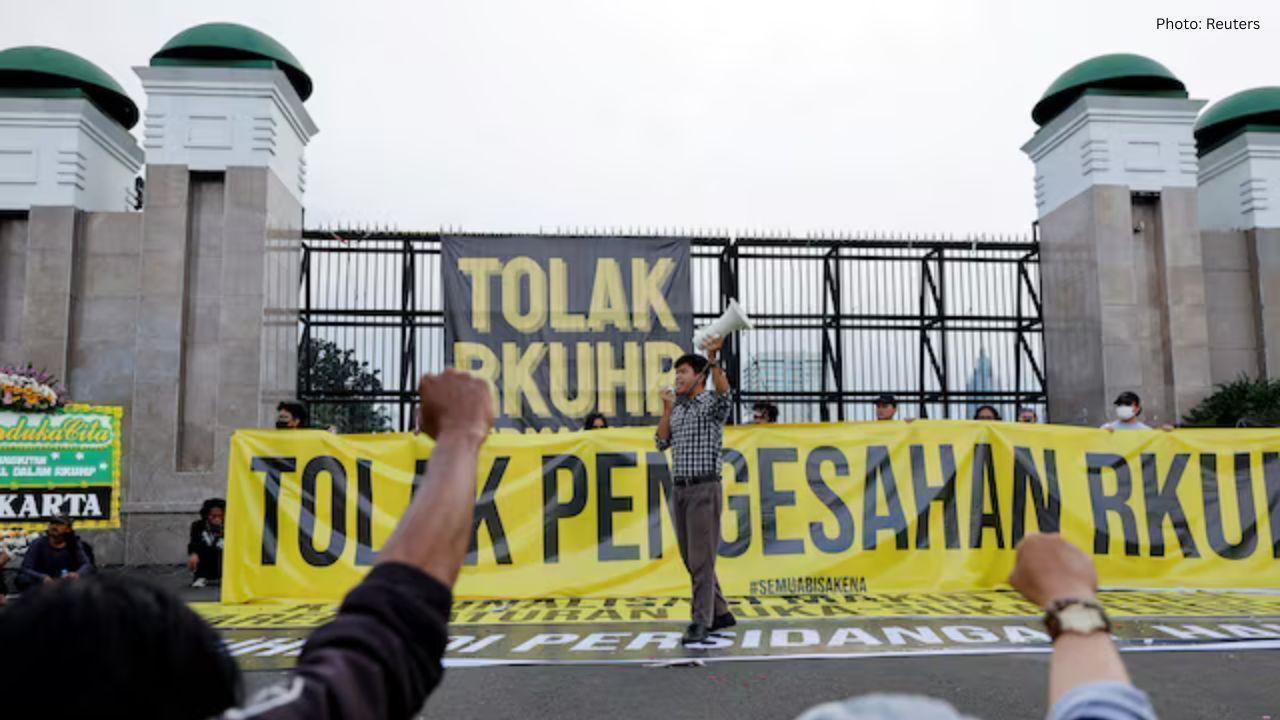
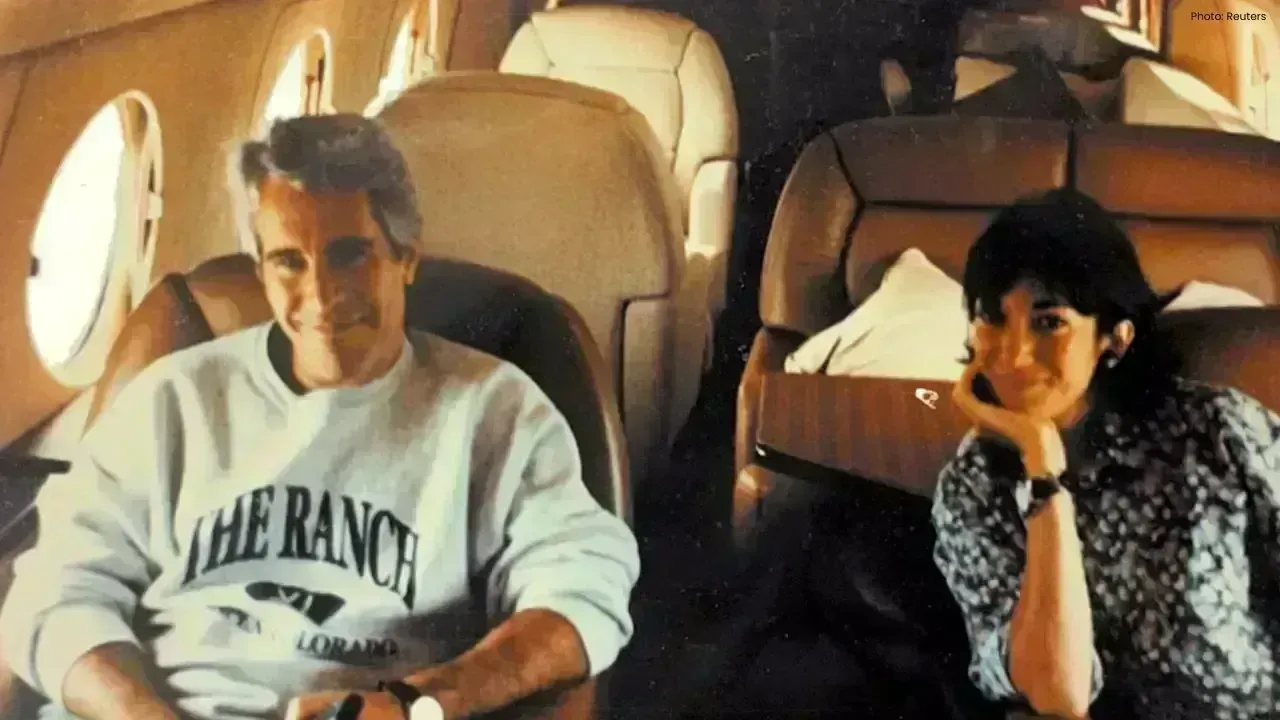
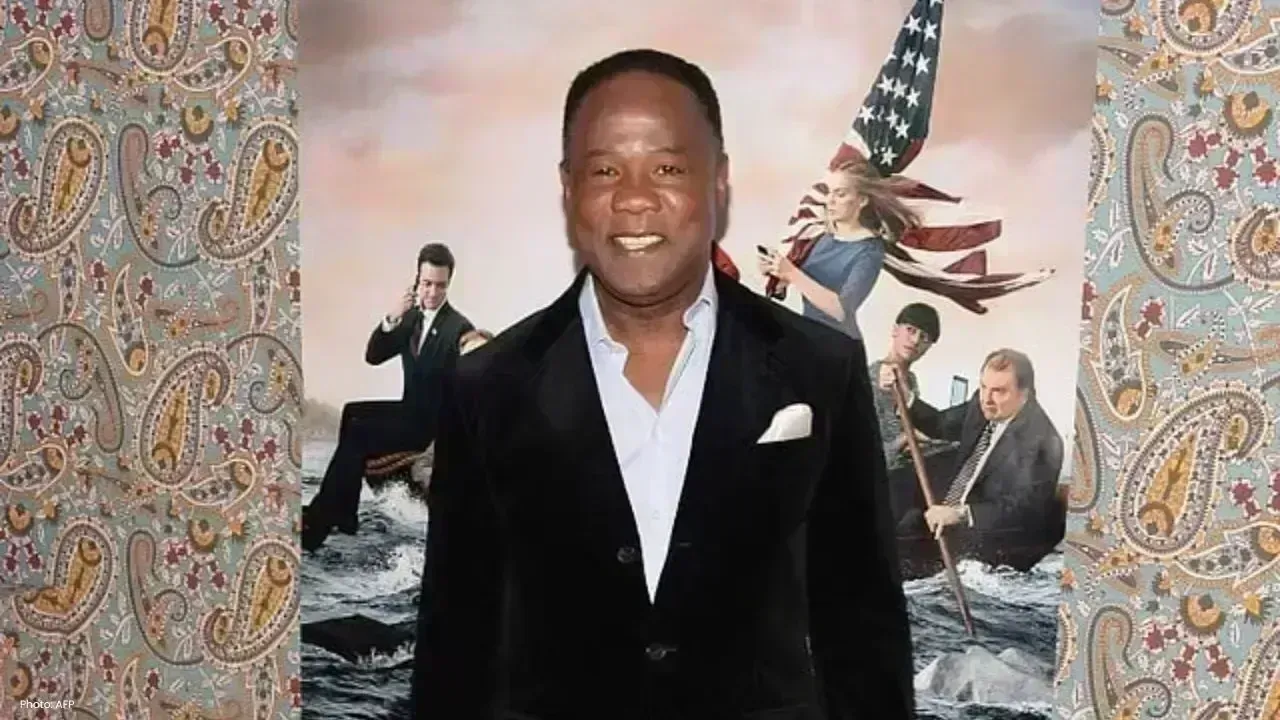

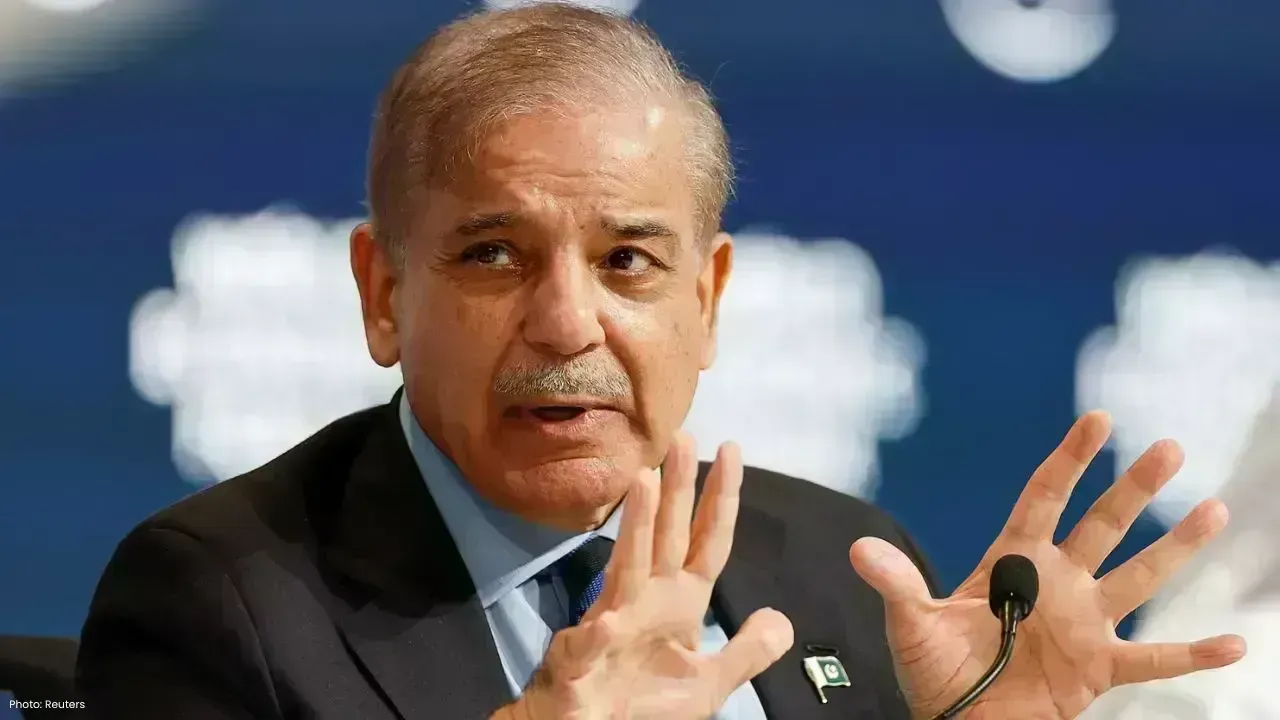
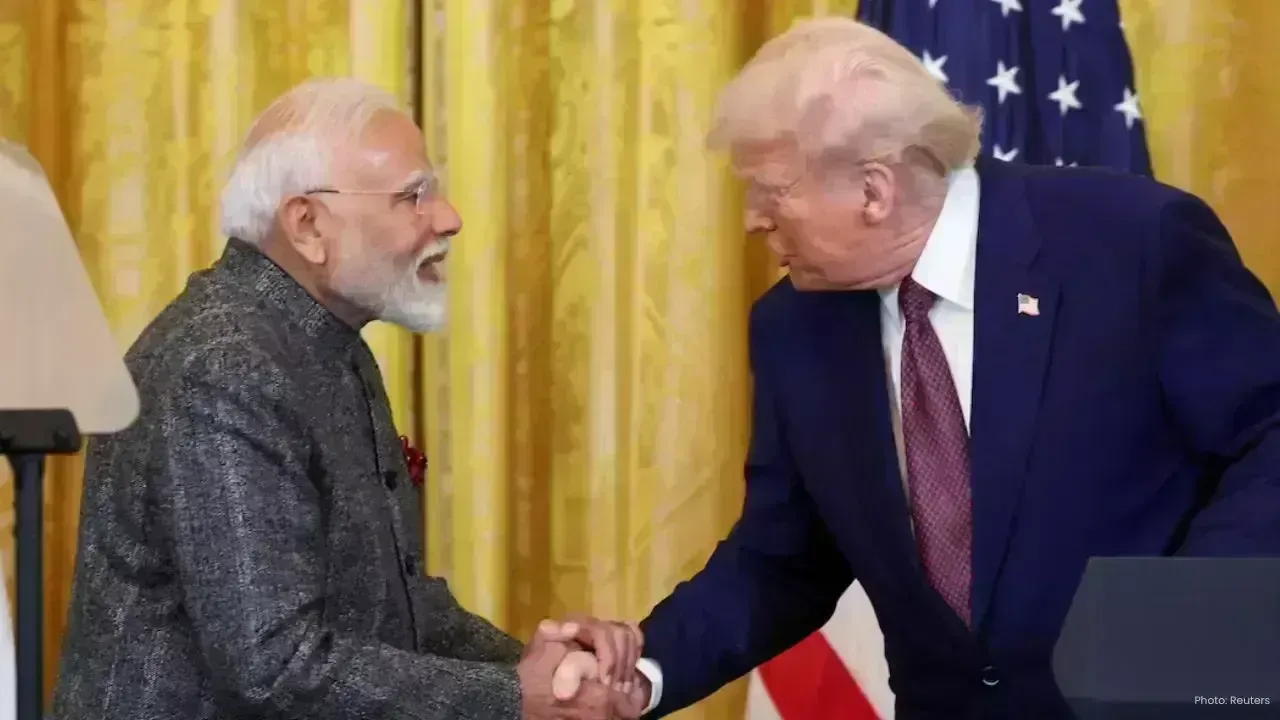
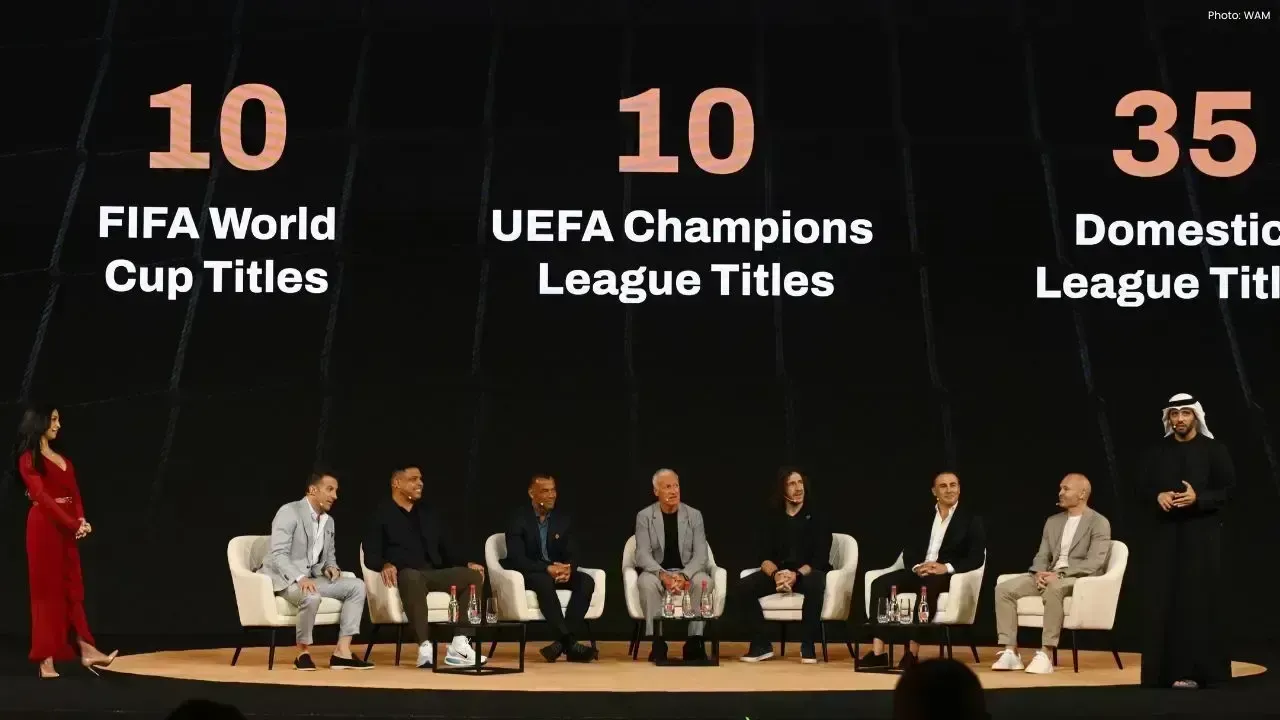
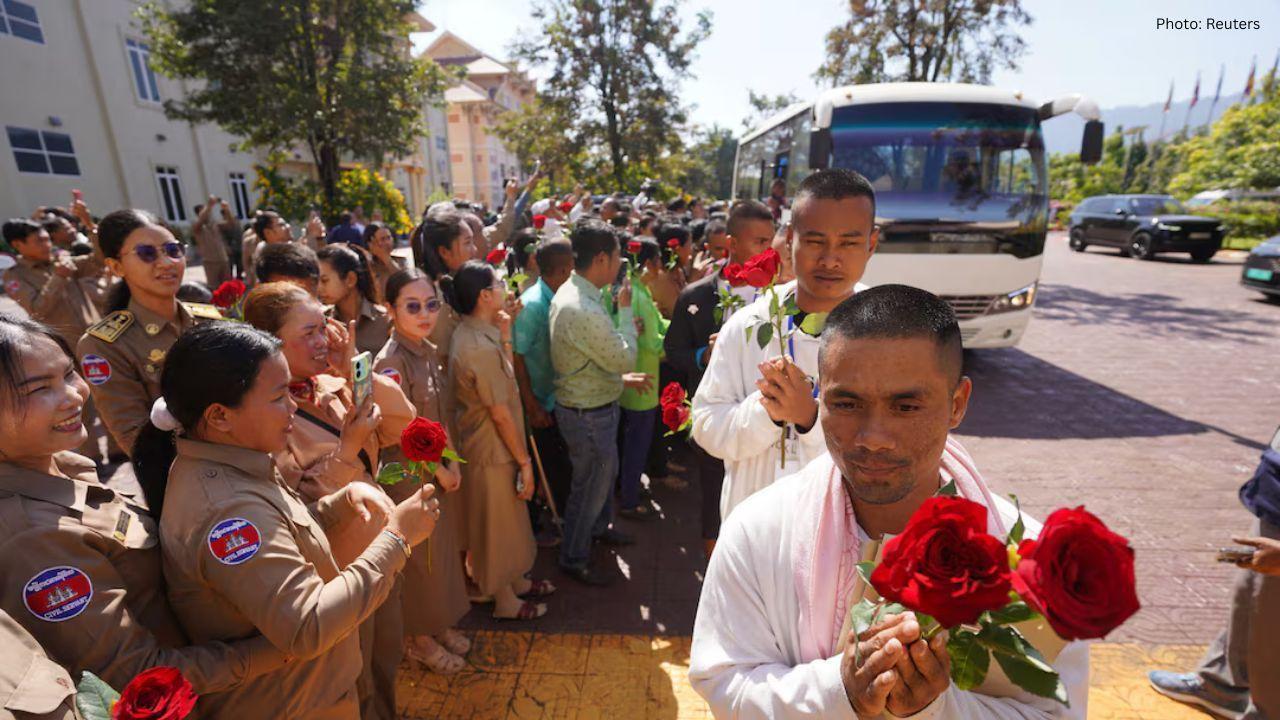

China Claims India-Pakistan Peace Role Amid India’s Firm Denial
China claims to have mediated peace between India and Pakistan, but India rejects third-party involv

Mel Gibson and Rosalind Ross Split After Nearly a Decade Together
Mel Gibson and Rosalind Ross confirm split after nearly a year. They will continue co-parenting thei

Rashmika Mandanna, Vijay Deverakonda Set to Marry on Feb 26
Rashmika Mandanna and Vijay Deverakonda are reportedly set to marry on February 26, 2026, in a priva

FIFA Stands by 2026 World Cup Ticket Prices Despite Fan Criticism
FIFA defends the high ticket prices for the 2026 World Cup, introducing a $60 tier to make matches m

Trump Claims He Ended India-Pakistan War, Faces Strong Denial
Donald Trump says he brokered the ceasefire between India and Pakistan and resolved eight wars, but

Two Telangana Women Die in California Road Accident, Families Seek Help
Two Telangana women pursuing Master's in the US died in a tragic California crash. Families urge gov